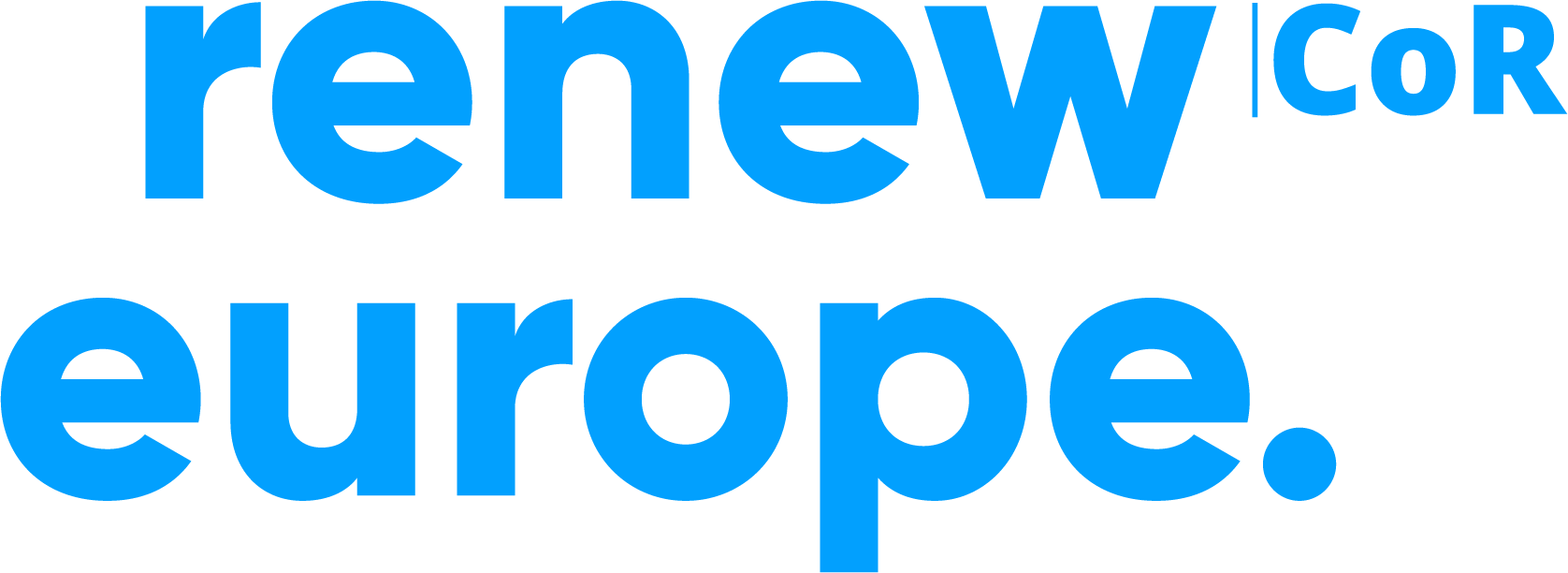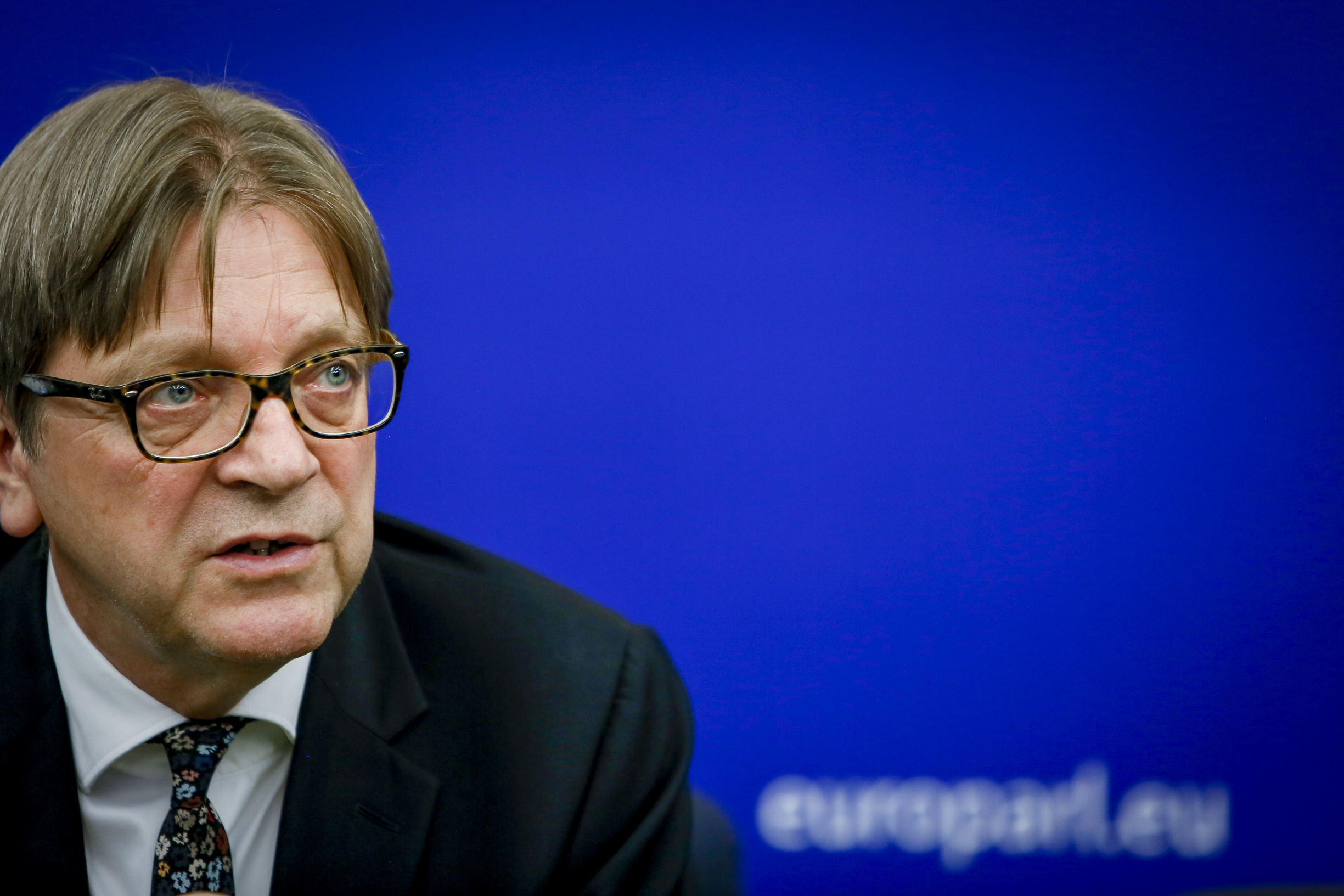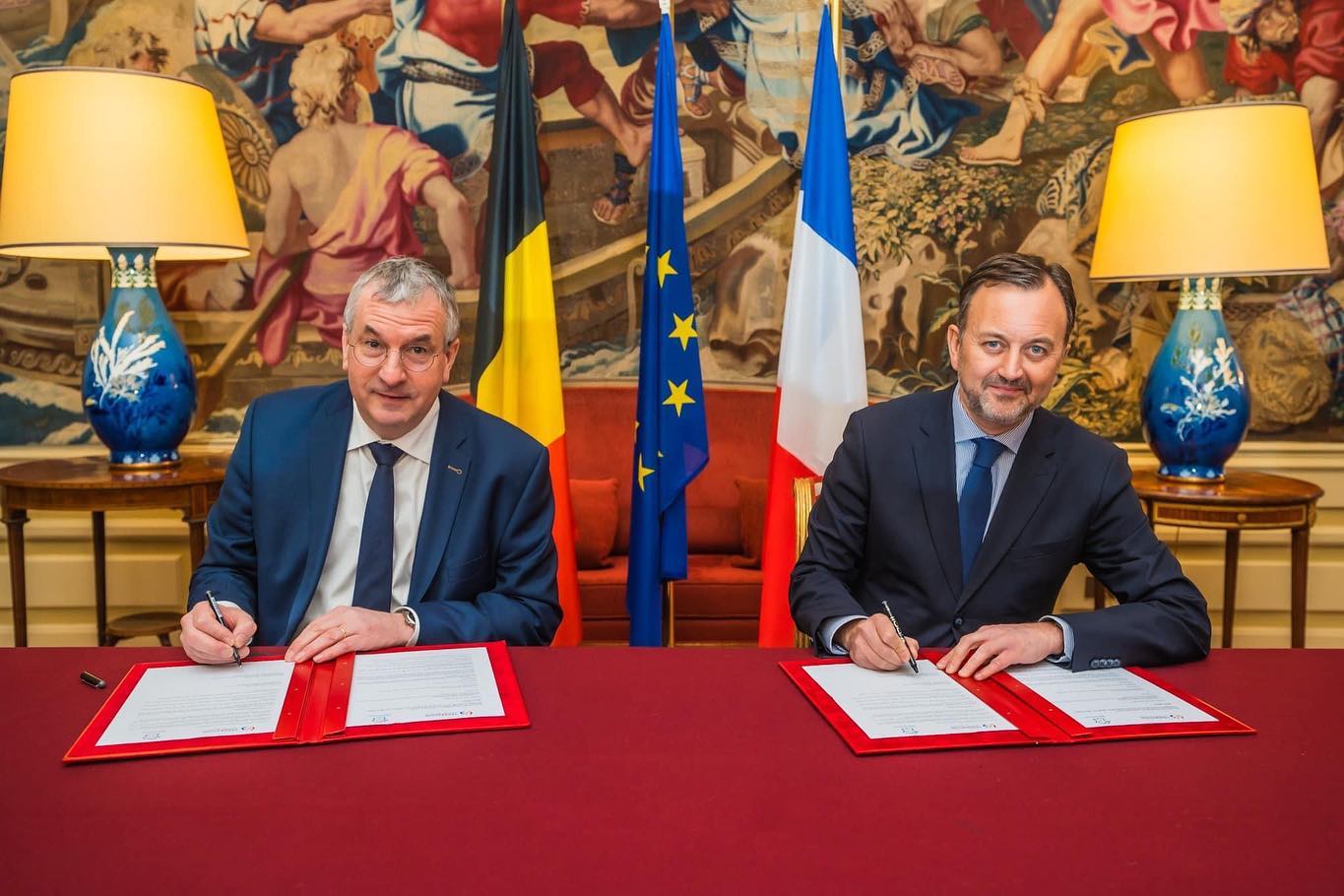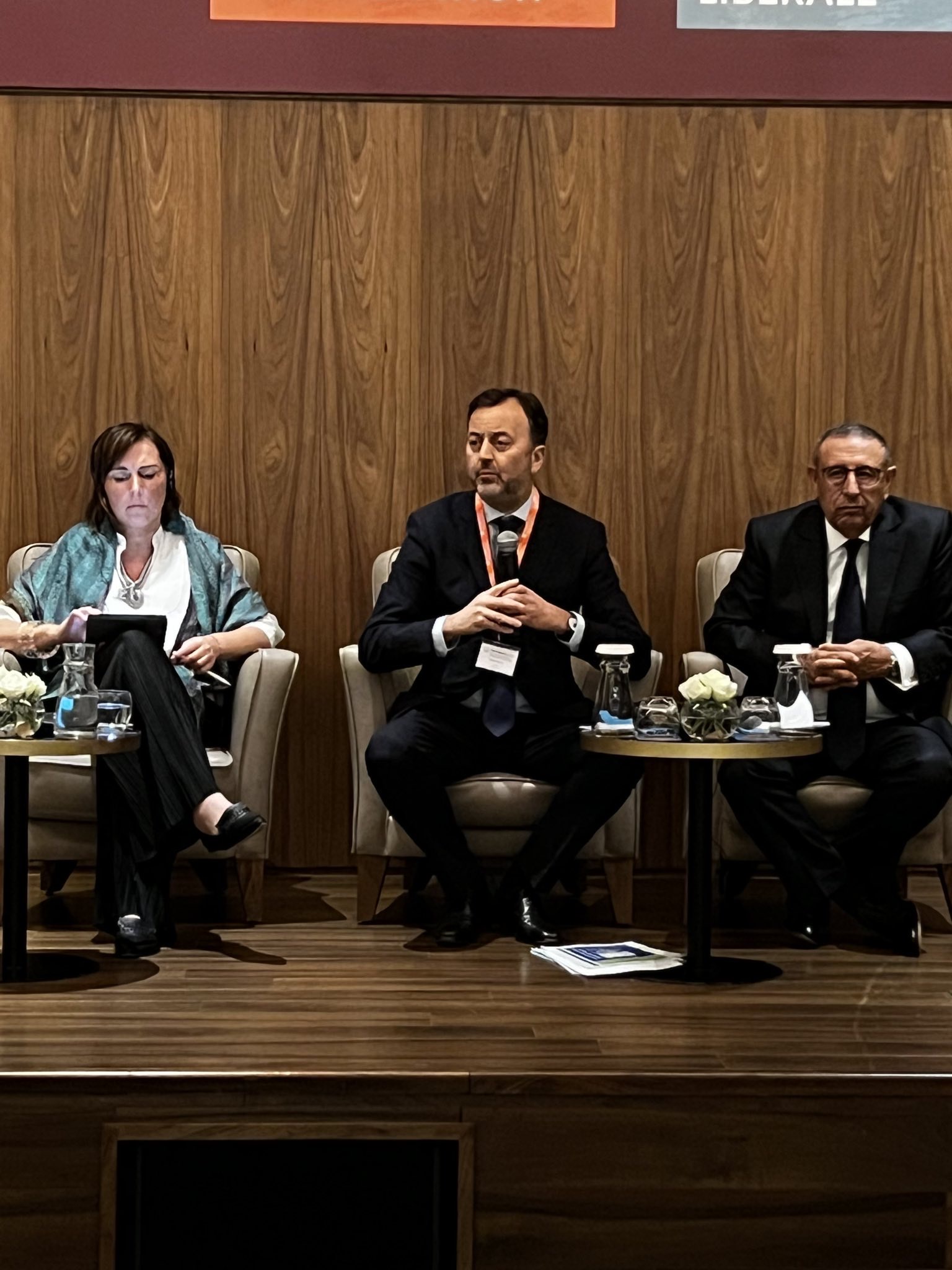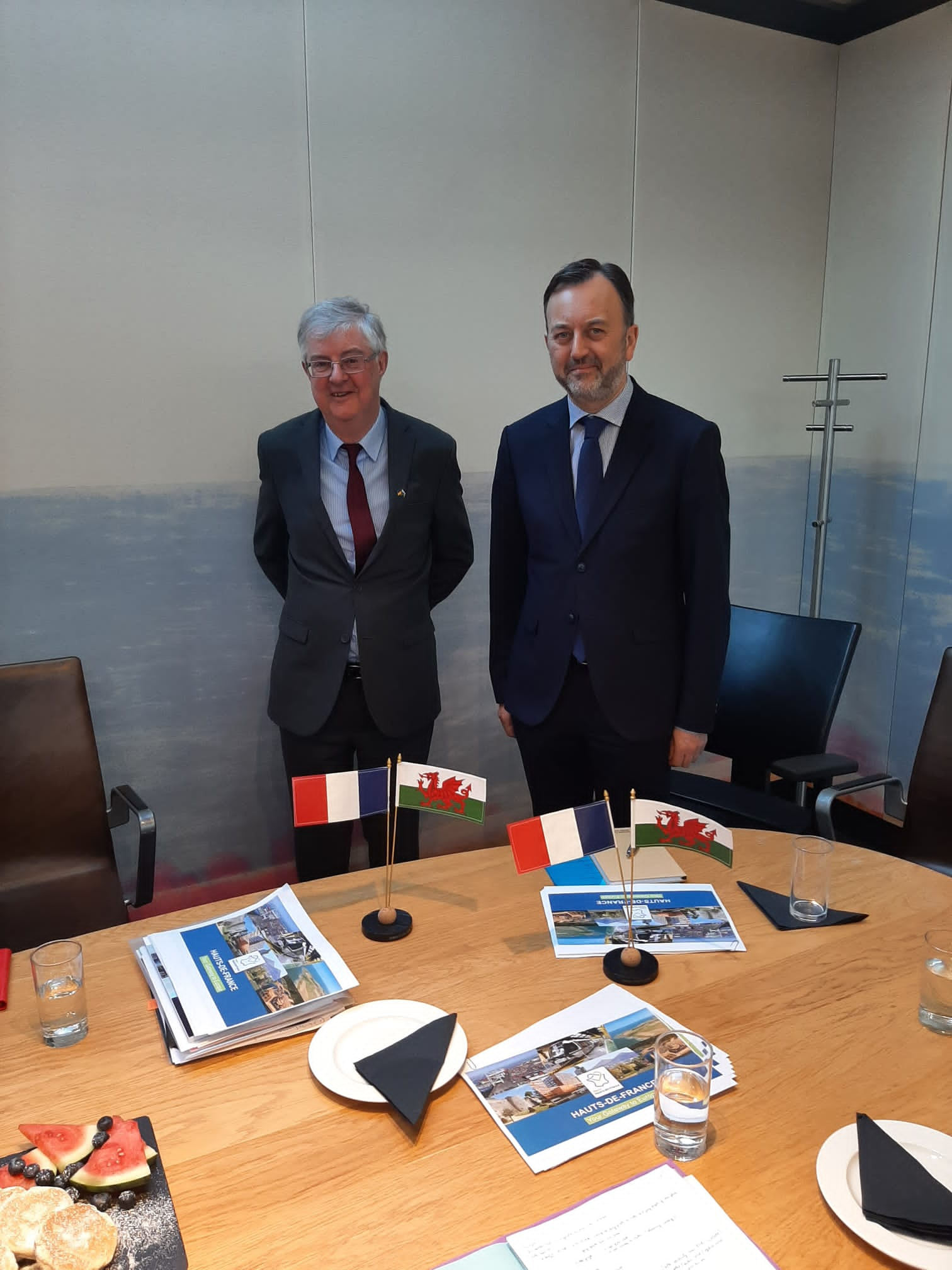Discussing the Conference on the Future of Europe ahead of its launch on Europe Day May 9th, Guy Verhofstadt supported a larger involvement of subnational governments.
Invited by Renew Europe CoR President, François Decoster, Verhofstadt, who is the co-Chair of the Conference on the Future of Europe explained that it will give citizens the possibility to discuss the future of Europe and establish a vision for the EU for the 21st century.
Guy Verhofstadt argued that in a multipolar world, Europe needs to be able to see eye-to-eye with global powers; and it is necessary to define what kind of Europe we want.
We’re not just in a listening mode. We need to respond in the presence of European citizens to their requests to come to a clear conclusion: a list of reforms that shape the future of the EU
Verhofstadt supported a larger role for subnational governments, through the European Committee of the Regions, which will have a sizeable delegation in the plenary session of the conference.
A rich discussion ensued with Renew Europe CoR members:
Ulrika Landergren, Vice-President of the Renew Europe group in the CoR, said:
In my municipality of Kungsbacka, on the west coast of Sweden, we involve young people in the decision making. So we need to listen and change things accordingly at European level. The EU and national levels are seen as too remote, so we need to connect them with the grassroots level.
Michiel Rijsberman, Vice-President of Renew Europe CoR and regional minister in Flevoland, Netherlands:
It’s sad to see that some member states have already ruled out a treaty change. Most laws are already being implemented by local and regional authorities. If the EU works closely with these authorities, then it can become closer to its citizens. National governments need to allow and facilitate this relationship.
Marian Elorza, Secretary-General for External Action, Basque Government:
What is the role of regions in the construction of Europe? We need to discuss this especially when there is a re-centralisation of competences taking place while at the same time we are told that we are on the frontline of some battles, for example the pandemic. We should reopen the question of the competences of Regions with legislative powers in the EU, which was left unanswered in the Convention of 2000.
Dietmar Brockes, Member of the Regional Assembly of North Rhine-Westphalia State
The European Committee of the Regions should become a second chamber. Also, we need a European focus for mobility and transport needs, while reducing obstacles to entrepreneurship and trade
Jean-Luc Vanraes, Group Coordinator in the CoR’s CIVEX Commission and member of Uccle municipal council:
“There’s a problem of transparency, accountability and subsidiarity: we need to clarify who is responsible for what and clarify what competences can be transferred between levels of government. It’s about proper subsidiarity.”
Androulla Vassiliou, representing Renew Europe on the CoR’s High Level Group on Democracy, added:
“I’m pleased that the CoR will be well represented, which was lacking in the first plans. Our high-level group will focus on democracy at various levels: in general, at subnational or at EU level and we will also focus on a Europe that protects and empowers, as the existence of the EU depends on its ability to deliver”.
The conference on the future of Europe will be launched on 9th of May, Europe Day, in Strasbourg, France, and the CoR will hold a first local dialogue in Strasbourg just before the launch, and with the presence and participation of President Decoster.
